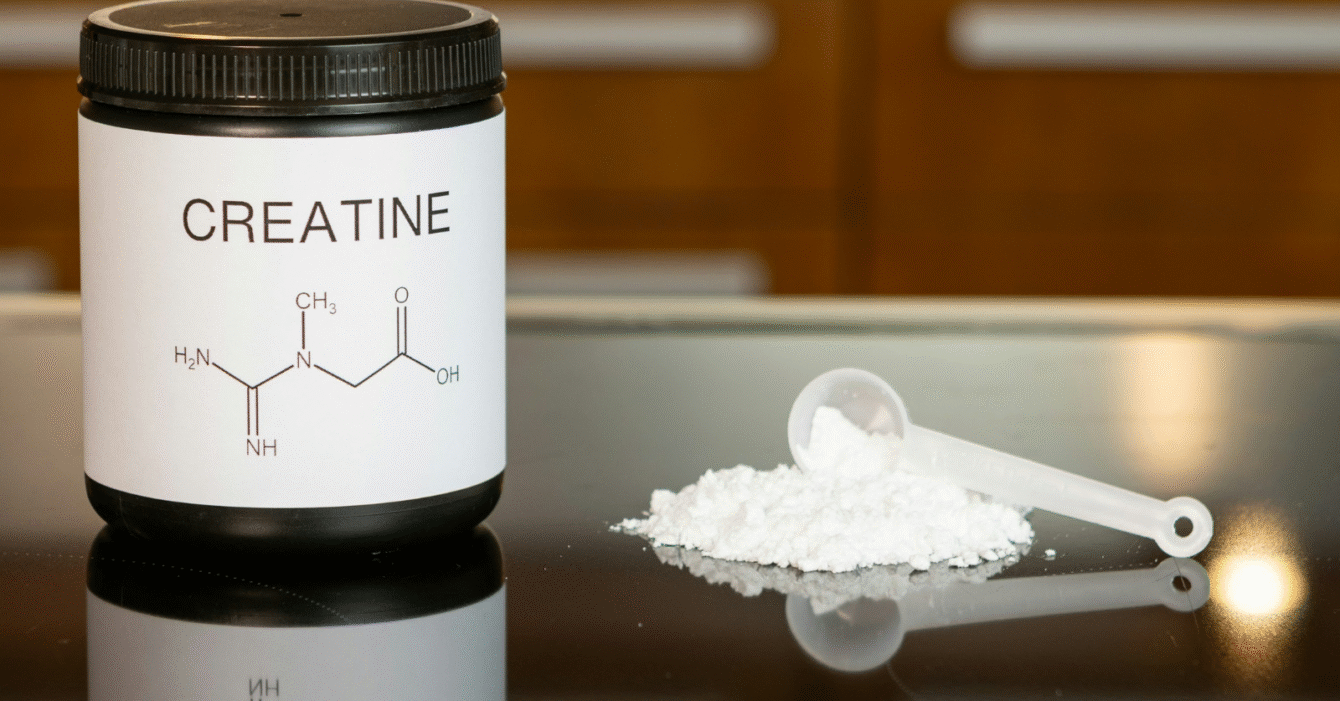Creatine monohydrate offers a range of benefits for adults, supporting both physical and mental well-being beyond athletic performance. This natural compound plays a crucial role in supplying energy to muscles, but its impact extends to improving cognitive function, general health, and quality of life in regular, everyday circumstances.
Physical Health Advantages:
Creatine supplementation enhances energy production at the cellular level, boosting adenosine triphosphate (ATP) availability for muscle contractions and daily movement. This leads to increased strength, endurance, and muscle mass, which is valuable for adults seeking to stay active, maintain mobility, and counteract age-related muscle loss (sarcopenia). Additionally, creatine has demonstrated potential in helping regulate blood sugar levels and supporting heart health by lowering triglycerides and possibly reducing risk factors associated with cardiovascular disease.
Cognitive and Brain Function Benefits:
Research has shown that creatine monohydrate positively affects brain health. Supplementation may improve memory, attention, and information processing speed, with particular benefits observed in individuals under stress, older adults, and vegetarians. Creatine’s neuroprotective properties may help reduce mental fatigue and support mental health, potentially offering relief for depressive symptoms and improving overall mood.
Additional Health Support:
Creatine may also provide antioxidant and anti-inflammatory benefits, supporting the immune system and helping the body recover more efficiently from stress or injury. Some studies suggest potential benefits in managing chronic conditions, improving skin health, and enhancing exercise recovery.
Conclusion:
For adults in regular life—not just athletes—creatine monohydrate can contribute to improved muscle function, increased energy, enhanced cognitive health, and overall better well-being. Regular supplementation, under professional guidance, may be a simple way to support both body and mind as people age.

